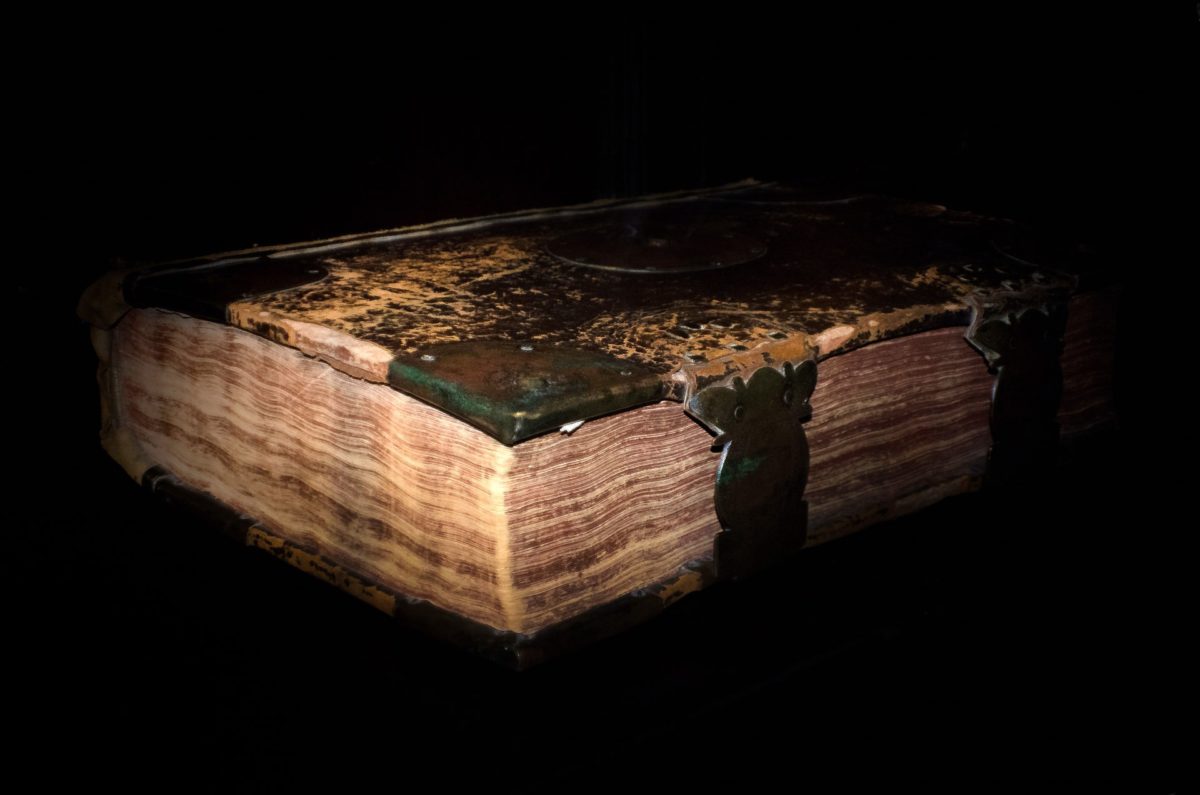Turkish literature (in Turkish: Türk edebiyatı) consists of oral compositions and texts written in Turkish languages; the Turkish Ottoman and Azeri forms; which form the basis of many written texts. The Persian and Arabic literature and used the Ottoman Turkish alphabet had a strong impact on them.
The history of additional Turkish literature extends to nearly (1300) years; the oldest surviving records of Turkish writings are the Orhun inscriptions in the Orhun River Valley in central Mongolia and dating back to the seventh century.
After this period, between the ninth and eleventh centuries; a tradition of oral epics arose among the nomadic Turkic peoples; such as the Didi Korkut book of the Oguz Turks and the Manas epic of the Kyrgyz people.
Beginning with the Seljuk victory at the Battle of Manzikert in the late eleventh century; the Oguz Turks began to settle in Anatolia. In addition to the earlier oral traditions, a written literary tradition arose largely issued; in terms of themes, genres, and styles from Arabic and Persian literature.
For the next 900 years, and even shortly before the fall of the Ottoman Empire in 1922. The oral and written traditions remained largely separate from each other; with the establishment of the Republic of Turkey in 1923; the two traditions met for the first time.
The oldest known examples of Turkish poetry date back to sometime in the sixth century AD; and were in the Uyghur language. Some of the earliest poems attributed to Turkish Uyghur writers are only available in translations in Chinese. In the era of oral poetry; the first Turkish verses were intended to be songs; and their recitation was part of the social and entertainment life of the community.
For example, in the shamanic and spiritualistic culture of pre-Islamic Turkish peoples; verses of poetry were performed in religious gatherings in pre-hunting ceremonies (sığır), on collective feasts after hunting (şölen), poetry was sung at festive times and an elegy called sago was recited in Funerals (yuğ) and other memorials for the dead.
Among the long epics, only (Oğuzname) fully reaches us, Didi Korkut’s book may have originated in tenth-century poetry, but it remained an oral tradition until the fifteenth century.
The early works of Kutadjo Peleg and Duan Laghat al-Turk date back to the second half of the eleventh century and are the oldest examples of Turkish literature.
With few exceptions, the Sufi poet Yunus Emre was one of the most important figures in the beginnings of Turkish literature in the thirteenth century.
The golden age of Ottoman literature lasted from the fifteenth century until the eighteenth century, and included mostly Diwani poetry but also some prose works, most notably the tenth volume (The Book of Travels) written by Evliya Chalabi.

